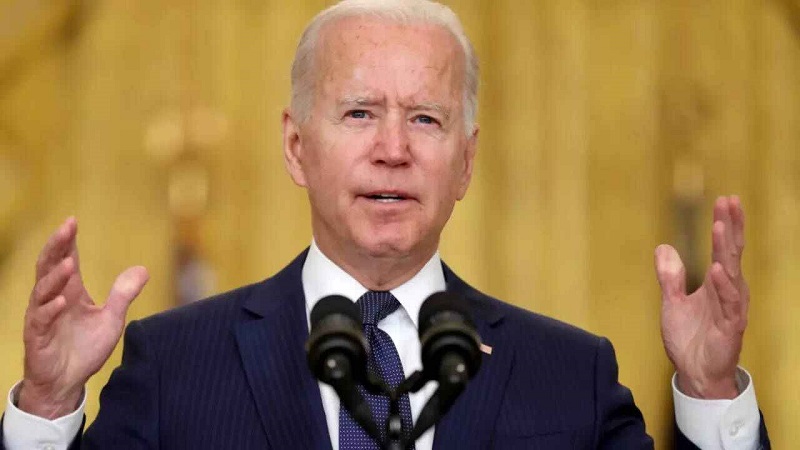
Biden Administration Expands Export Control List, Targets Chinese Entities Engaged in Threatening Activities
The Biden administration has substantially improved national security by adding 43 organizations to the U.S. Commerce Department’s export control list. The Test Flying Academy of South Africa (TFASA) and Frontier Services Group Ltd., a security and aviation business formerly run by Erik Prince, are on the list. These additions resulted from their participation in activities that endanger U.S. national security, such as training Chinese military pilots. The action shows how committed the government is to limiting China’s access to American technologies and prohibiting transmitting sensitive information.
Expanding the Export Control List
The Biden administration recently added 43 organizations to the export control list engaging in various activities against American interests. Due to the conduct of these businesses and organizations dispersed across several nations, jeopardizing American national security, they are not permitted to receive exports from the United States.
The export control list contains Frontier Services Group (FSG), a security and aviation firm with activities in China, Kenya, Laos, and the United Arab Emirates. Erik Prince’s former employer, FSG, was cited for its participation in training Chinese military pilots, raising questions about disseminating sensitive information to China.
A similar addition to the list was the Test Flying Academy of South Africa (TFASA). For hiring British ex-military pilots to instruct Chinese military pilots, TFASA had drawn criticism in Britain. Concerns over hiring Western pilots to train People’s Liberation Army pilots in Western aircraft manoeuvres are reflected in the decision to include TFASA.
Keep Reading
Due to their purchases of American-made goods supporting China’s military modernization efforts, including hypersonic weapons development and hypersonic flight modelling, the aerospace and defence conglomerate Aviation Industry Corporation of China (AVIC) entities in China and South Africa were also listed.
Addressing National Security Concerns
Including these organizations on the export control list emphasizes how crucial it is to keep China from obtaining American technologies and know-how that could aid in its military modernization initiatives. The U.S. wants to protect its national security interests by limiting exports to these organizations and preventing the transmission of sensitive technologies that might be used against U.S. personnel or allies.
According to the U.S. Commerce Department, China’s access to American technologies must be restricted, especially in fields like hypersonic research and development. Limiting China’s access to these capabilities is essential for preserving a strategic balance since hypersonic weapons and flight capabilities constitute a significant leap in military technology.
Targeting Human Rights Abuses
The Biden administration addressed human rights abuses and worries about national security by adding two corporations to the export control list. It was discovered that Beijing-based Ryan Wende Science and Technology Co. was involved in providing human rights violations by providing mobile phone inspection software, fingerprint analysis technology, biostatistics software, and DNA testing supplies to Chinese Public Security Bureaus.
The Xinjiang Production and Construction Corps and Public Service Bureaus in Xinjiang, well-known for their involvement in the repression of Uyghur Muslims and other minority groups, were also given biotech supplies by Xinjiang Kehua Hechang Biological Science and Technology Co Ltd.
The Biden administration’s decision to broaden the export control list demonstrates its dedication to ensuring national security and resolving human rights issues. The government seeks to limit China’s access to sensitive knowledge and technologies by including organizations involved in actions that threaten U.S. national security, such as teaching Chinese military pilots and purchasing U.S. technologies for military development. Including businesses guilty of violating human rights also shows a broader attempt to hold organizations accountable for their violations of fundamental rights.




